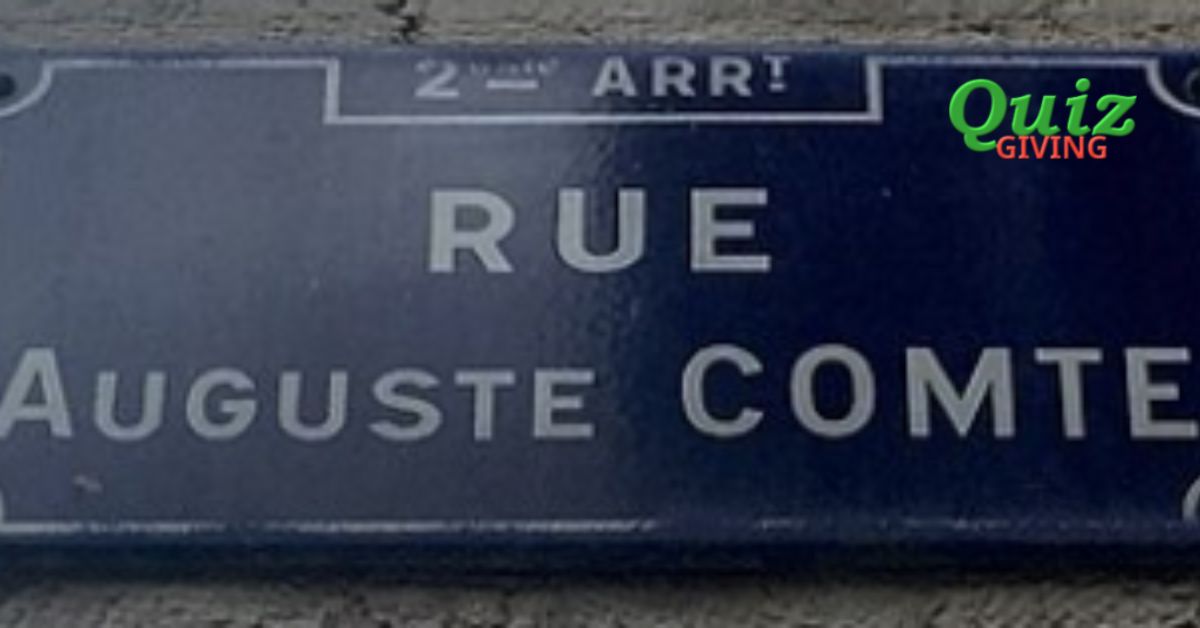Are you ready to put your knowledge to the test? If you’re a fan of philosophy and want to challenge yourself, then you’re in for a treat with our latest quiz titled “Trail of Thought: Unveiling Comte’s Positivism.” Auguste Comte, a prominent French philosopher, is known for his influential theory of positivism, which had a significant impact on the development of sociology. In this quiz, we’ll delve into the intricacies of Comte’s positivism, exploring its key concepts and its relevance in today’s world. From the three stages of societal development to the role of science in understanding society, this quiz will test your understanding of Comte’s ideas. So, whether you’re a philosophy enthusiast or simply curious about the history of thought, take the quiz and see how well you fare in unraveling the mysteries of Comte’s positivism. Challenge yourself today and discover how much you really know about this fascinating philosophical movement.

